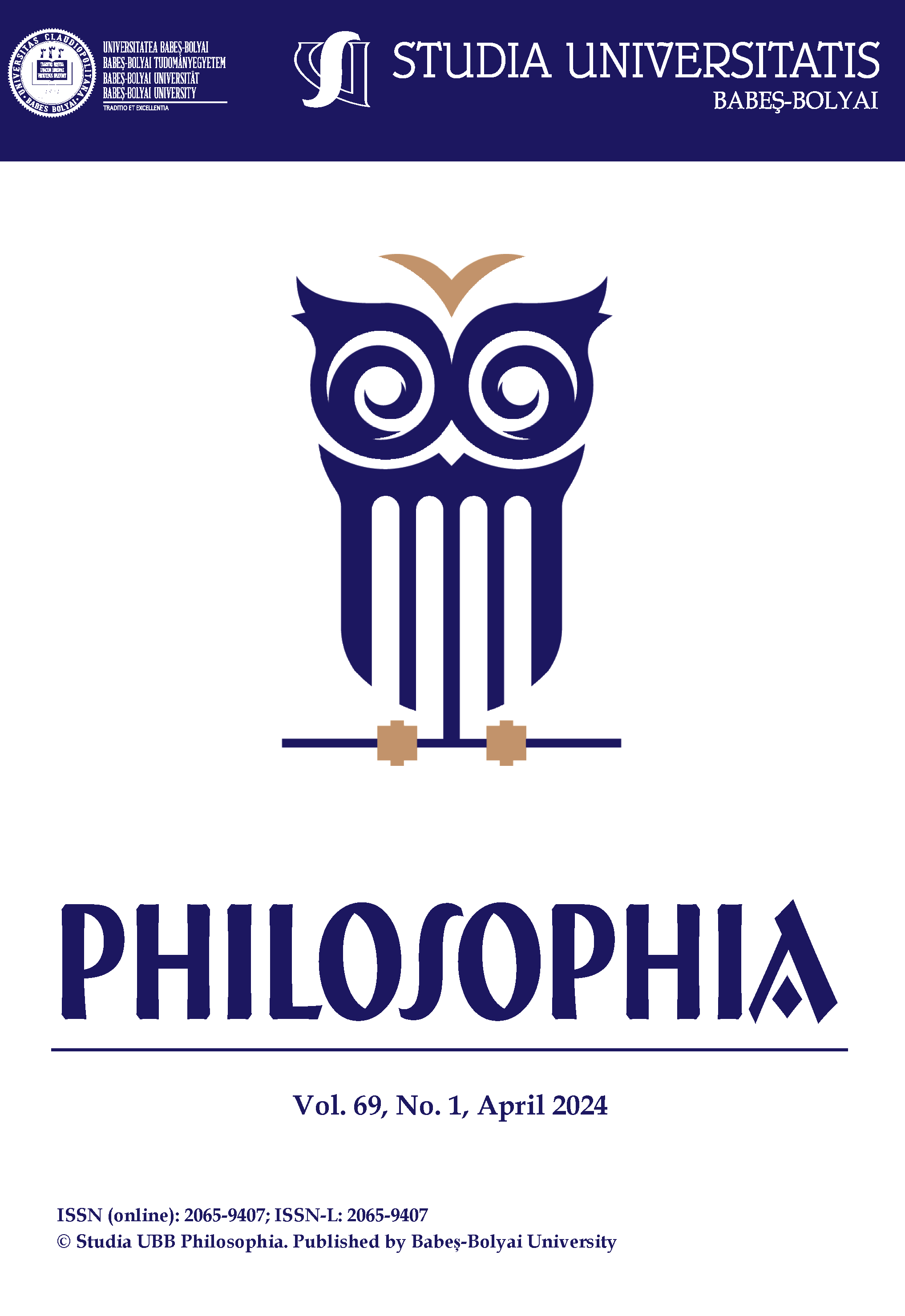The Grammar of Faith. Ludwig Wittgenstein on Madness and Religious Faith
DOI:
https://doi.org/10.24193/subbphil.2024.1.02Keywords:
Wittgenstein, madness, religious faith, language-game.Abstract
Ludwig Wittgenstein repeatedly called religion and faith “madness”, “folly”, etc. However, this does not mean that he considered it irrational or meaningless. Rather, he saw in it a way of thinking and speaking, a “language-game”, that was not explicitly rational, but nevertheless meaningful, and in which there were “entirely different connections” than normal between individual statements. Nor can the language of faith be regarded as conventional, according to Wittgenstein, even if approached from the point of view of the nature of the statements it contains. If, for example, we think that theological statements are factual statements (as if they refer only to existing things or objects), then this language immediately becomes meaningless. The aim of my study is to analyze the “grammar” of this language (the language of faith or religion), using Wittgenstein’s notes from different times, paragraphs of his published works, comments made during university lectures, etc., and to describe the correct use of words in it.Downloads
Published
How to Cite
Issue
Section
License
Copyright (c) 2024 Studia Universitatis Babeș-Bolyai Philosophia

This work is licensed under a Creative Commons Attribution-NonCommercial-NoDerivatives 4.0 International License.





